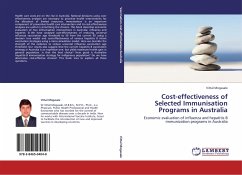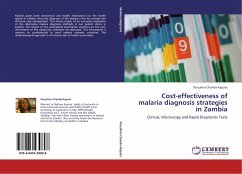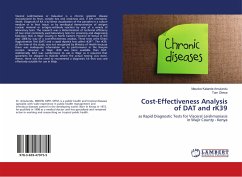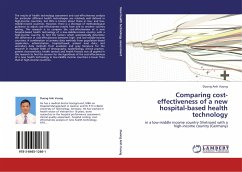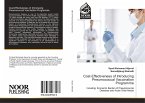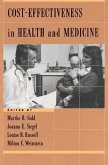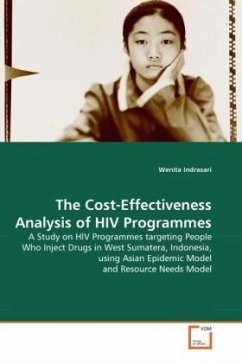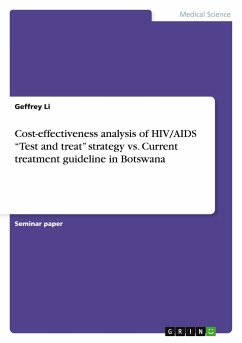Health care costs are on the rise in Australia. Rational decisions using cost-effectiveness analyses are necessary to prioritise health interventions for the allocation of limited resources. Immunisation is an important component of preventive health care intervention and its cost-effectiveness analyses are useful in prioritising the choices. This book describes economic evaluation of two immunisation interventions in Australia: influenza and hepatitis B. We have analysed cost-effectiveness of reducing universal influenza vaccination age threshold to 50 from the current 65 using a decision tree model and cost-effectiveness of various hepatitis B infant vaccination strategies using a micro-simulation model. Here we describe the strength of the evidence to reduce universal influenza vaccination age threshold. Our results also suggest that the current hepatitis B vaccination strategy in Australia is an expensive one, but yields maximum health gain in general population. Is that the best choice? How good is Australian hepatitis B immunization strategy for indigenous population? Do we have alternative cost-effective choices? This book tries to explore all these questions.

